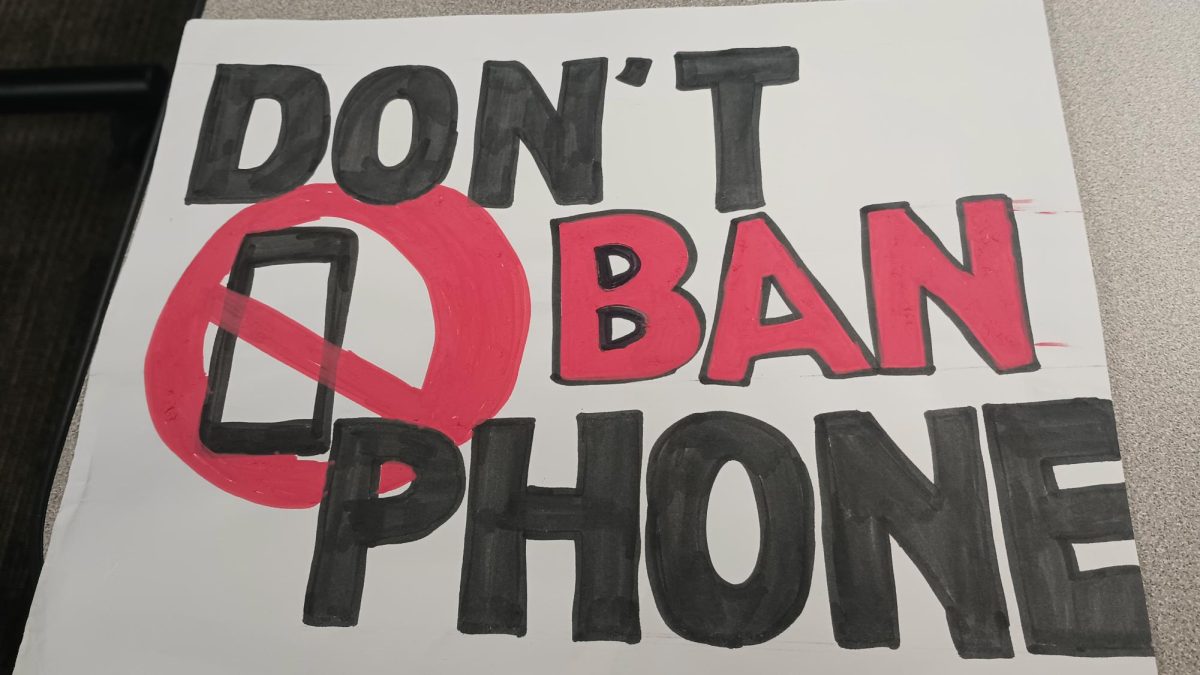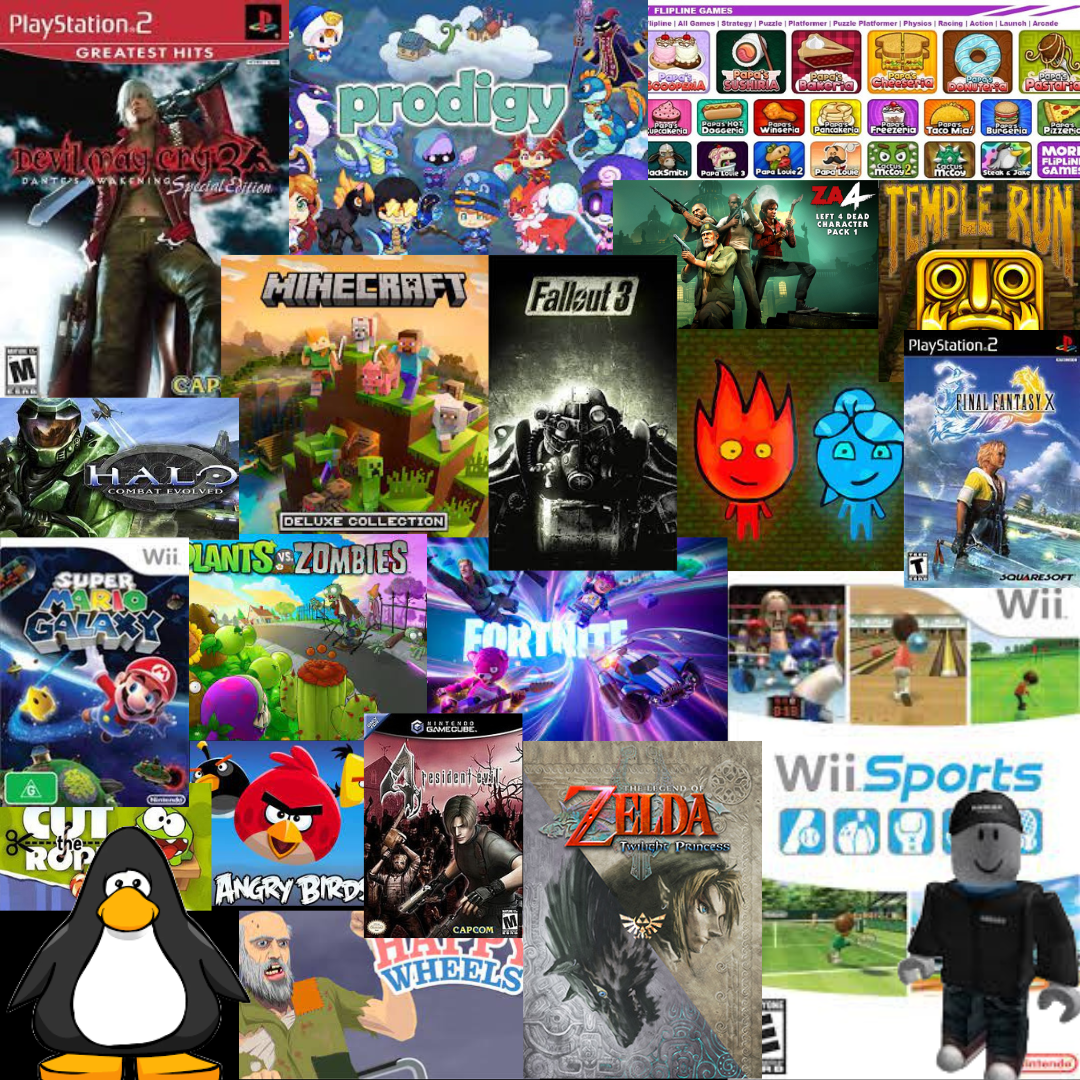Nostalgia serves as a powerful remedy when it comes to gaming, taking players back to a more carefree era when 8-bit tunes and pixelated images dominated the digital scene. The desire to go back and play video games from the 2000s and 2010s has only increased with time, drawing in players who are interested in learning more about the history of modern gaming as well as seasoned veterans yearning for a trip down memory lane.
The 2000s-2010s were a turning point in the history of video games. It was the time when video games leaped from being considered a hobby to becoming a widely accepted mainstream phenomenon. Over the world, games like “Super Mario Sunshine,” “Halo: Combat Evolved,” “Roblox,” “Fortnite,” “Minecraft,” and “The Legend of Zelda: Twilight Princess” became popular and influenced millions of childhoods. These games bring back a kind of nostalgia that goes beyond the yearning for moments in the past; it’s a desire to reunite with an important childhood memory in one’s life.
Sophomore Ivy Nguyen is an example of the impact video games have on individuals.
“I used to play Roblox quite a bit. It left an impact on me because it was the game I played when I was little and would often play with friends,” Nguyen said.
The gaming industry saw a transformation in the 2000s and 2010s due to an array of innovative ideas. This era’s love of creativity was best shown by “Undertale,” which was praised for its creative take on morality and player choice inside a retro-inspired role-playing game framework, and “Minecraft,” which was well-known for its open-world sandbox inventiveness and limitless exploration. These games broke every standard, providing players with unique experiences that produced a lasting impact on the gaming industry.
“I still remember when I would grind a whole bunch on a single world (in Minecraft) about two hours a day, so I could end up with a big fort and have hundreds of dogs,” Nguyen said.
Part of what makes revisiting 2000s-2010s video games so special is the shared nostalgia among gamers. Whether it’s reminiscing about late-night “Fortnite” matches with friends or the hours spent exploring every nook and cranny of “Pokémon Diamond and Pearl,” these games helped create lasting communities and friendships that have endured through the years. In an age where online multiplayer and social gaming dominate the landscape, there’s a certain charm in revisiting the simpler, more communal experiences of the past.
Freshman Angel Lopez, president of the gaming club, is one of many individuals who play the online multiplayer game “Fortnite” with friends.
“I still play ‘Fortnite’ to this day and used to play it when it was available on mobile with my friends,” Lopez said.
The ongoing appeal and cultural relevance of video games from the 2000s to 2010s are demonstrated by the nostalgia surrounding them. The nostalgia surrounding 2000s-2010s video games is a testament to their enduring appeal and cultural significance. These games represent more than just pixels on a screen, they’re windows into our past, reminders of simpler times and shared experiences. It’s critical to value and maintain the cultural significance of these cherished games as technology develops to ensure that players of all ages may continue to enjoy them for years to come.
Categories:
Nostalgia of 2000s-2010s video games
There is a wide variety of 2000s to 2010s video games that range from RPG, FPS, Sandbox, Survival, and more.
More to Discover
About the Contributor

Alessandra Arroyo, A&E Editor
I don’t like carrots, I have a pet cat called Opal, and I love both Jack Stauber and Avenged Sevenfold.

































